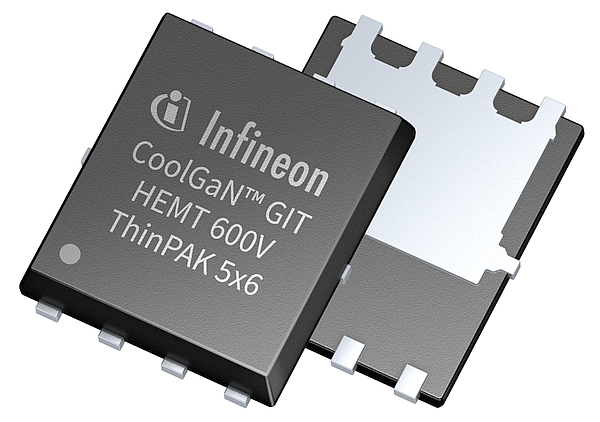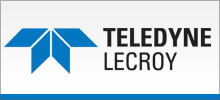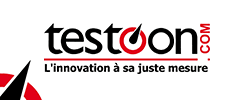- German microchip manufacturer Infineon announced on March 13, 2024 that it had filed a lawsuit against Chinese company Innoscience in a California court, alleging infringement of a U.S. patent held by Infineon relating to GaN (gallium nitride) technology for semiconductor design.
- Innoscience Technology denounced Infineon’s accusations on March 22, 2024. The Chinese company denies Infineon’s allegations of patent infringement, as well as the validity of Infineon’s patent.
On March 14, 2024, Infineon Technologies, through its subsidiary Infineon Technologies Austria AG, filed a lawsuit against Innoscience Technology Company, Ltd. and Innoscience America, Inc. and its subsidiaries. The German semiconductor manufacturer is seeking a permanent injunction for infringement of a US patent relating to Infineon’s gallium nitride (GaN) technology. According to the German firm, the patent claims cover essential aspects of GaN power semiconductors, including innovations that enable the reliability and performance of Infineon’s proprietary GaN components. The German company believes that Innoscience is infringing the Infineon patent by manufacturing, using, selling, offering to sell and/or importing GaN transistors into the United States, among other things.
On Friday March 22, Innoscience said in a statement that Infineon had asserted a patent with significant flaws: “In particular, even a cursory review of Infineon’s patent portfolio reveals that the alleged ‘invention’ of the asserted patent was already disclosed in Infineon’s own prior patents, raising concerns about possible fraud on the U.S. Patent and Trademark Office, such as failing to make appropriate disclosures during the filing of the defective patent in question.”
The Chinese company also points out that the lawsuit concerns only a small fraction of the high-voltage GaN transistors (650 V-700 V) packaged by Innoscience, and does not affect the vast majority of its other products. Consequently, it believes that the lawsuit should have little or no effect on its current ability to manufacture, use, sell, offer to sell or import its products into the United States for its customers.






